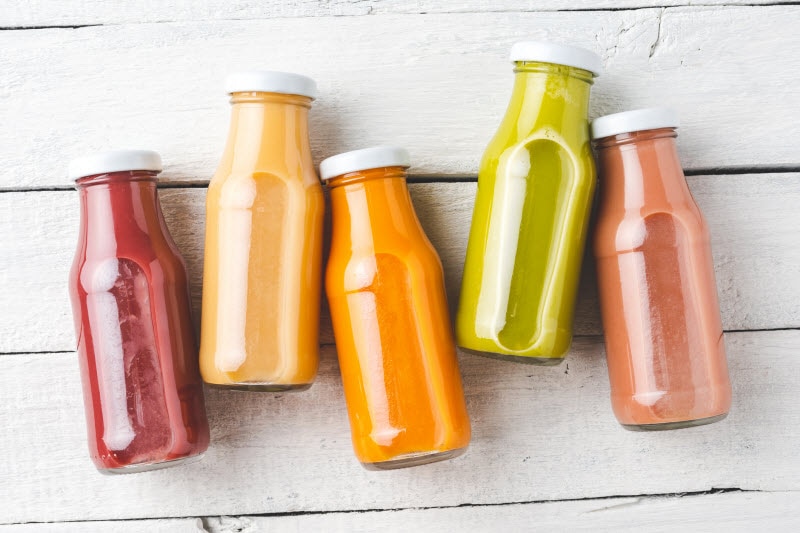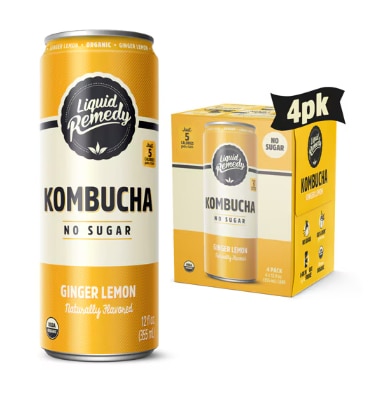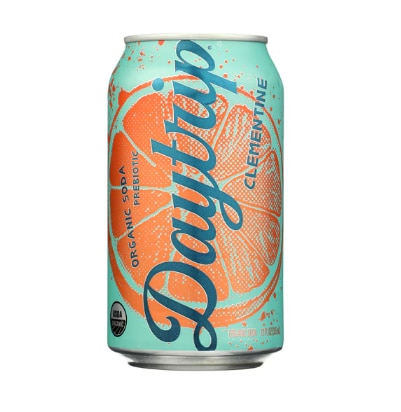In the U.S. and around the world, we’ve gone beyond consuming beverages to get hydrated, quench our thirst or — to borrow a phrase that originated in the 14th century — wet our whistle with a cocktail, beer or glass of wine.
In the past four decades, many people have graduated to sipping so-called “functional beverages.” Non-alcoholic functional drinks contain ingredients that manufacturers claim can boost health and wellness. Among these ingredients are protein, vitamins, minerals, probiotics, collagen, CBD and ashwagandha.
“Functional beverages are a great way to supplement your diet with nutrients or compounds you might not get enough of otherwise,” Dr. Niby Mathew, a primary care physician at Riverside Healthcare’s location in Frankfort, Illinois, says in a Riverside article. “However, it’s important to ensure these drinks fit into your overall nutrition plan and lifestyle.”
An article published in 2023 by the research journal Beverages pinpointed seven categories of functional drinks:
- Sports and performance drinks
- Energy drinks
- Ready-to-drink teas
- Milk-based drinks
- Fortified fruit drinks
- Soy-based drinks
- Fortified water
Riverside Health identifies five of the more popular functional drinks as:
- Kombucha: A fizzy, fermented, probiotic-rich tea that can support gut health.
- Adaptogen-infused teas: These teas contain adaptogens such as ashwagandha or holy basil, which can help manage stress.
- Collagen drinks: These beverages, which are packed with collagen peptides, promote skin elasticity and joint health.
- Mushroom coffees and lattes: These drinks, which are infused with medicinal mushrooms like lion’s mane and reishin, can boost immune function and improve focus.
- Probiotic sodas: These probiotic-filled sodas claim to support gut health.
Why are ‘functional drinks’ so popular?
Functional drinks have emerged as part of the diets of millions of Americans who want to lead healthier lives, especially those in the 18-34 age group. In a 2024 survey conducted by the Ipsos polling organization, the top three 2025 New Year’s resolutions made by American adults were to eat healthier, exercise more often and drink more water. At least 80% of people in the 18-34 age group cited those three resolutions, compared with 73% or less in the 35-54 and 55-and-over age groups.
“As health-conscious consumers become increasingly aware of the role that diet plays in overall well-being, the demand for functional beverages has surged, making them a staple in the modern diet,” says market research firm NIQ. “The rise of functional beverages is not just a trend but a reflection of broader shifts in consumer behavior and preferences.”
A research review published in 2023 by the journal Food Research International says the World Health Organization’s emphasis on the benefits of functional beverages has contributed to their popularity.
How popular are they? A 2024 survey by marketing and PR firm Matter Communications offers a hint. The survey found that 44% of consumers said they were likely to incorporate electrolyte-enhanced water or healthier sodas or sparkling beverages into their daily routines.
According to Beverage Universe, an online platform that sells beverages, functional beverages make up about 10% of the U.S. market for non-alcoholic beverages. Mintel Research says about one-tenth of Americans regularly consume functional drinks.
What are the benefits of ‘functional drinks’?
The benefits of functional drinks, beyond taste and hydration, that are touted by manufacturers include more energy, improved digestion, better immune support, reduced inflammation and enhanced brain power.†
The American Dietetic Association says functional foods (presumably including beverages) can have a “potentially beneficial effect on health” when regularly consumed as part of a varied diet.†
Meanwhile, the American Heart Association doesn’t endorse functional drinks. Rather, it encourages consumption of basic beverages such as plain water, unsweetened milk, black coffee and a limited amount of 100% fruit juice, while advising against consumption of sugary drinks.
Like the American Heart Association, the American Medical Association suggests staying away from sugary drinks. It also supports a ban on marketing energy drinks to people under 18. But the organization doesn’t address functional drinks specifically.
Even though functional drinks may hold the potential to improve someone’s health and wellness, the beverages might not deliver the advertised benefits.
“The benefits that functional drinks claim to offer can be nebulous and varied, which means that different groups of consumers opt for different varieties,” according to market research firm Mintel.
Along the same lines, NIQ points out that some consumers might perceive functional drinks as “unnecessary or overly complex” compared with regular beverages, “while others might harbor skepticism about the claims made by brands.”
NIQ notes that functional drinks frequently make health-related claims, prompting federal regulators to look closely at those products to ensure they’re complying with guidelines about labeling, ingredient safety and marketing claims.
Some health care professionals are skeptical of those claims. Promised benefits such as boosted energy, improved cognitive abilities and improved gut health may not be rooted in reality, since data supporting functional beverages is weak, registered dietitian nutritionist Elizabeth Ward told Today’s Dietitian magazine.
In the Today’s Dietitian article, registered dietitian and licensed dietitian nutritionist Erin Skinner cautioned that “functional beverages are not well controlled or regulated, so the purity, quality and dosing of the functional ingredients they contain isn’t guaranteed. Functional beverages introduce risk while not necessarily providing any clinical benefit.”
“Furthermore,” Skinner added, “the dosing of functional ingredients is often very low, below what is typically shown to provide clinical outcomes. [And] the price of functional beverages is typically higher than that of a quality supplement.”
†These statements have not been approved by the Food and Drug Administration. These products are not intended to diagnose, treat, cure or prevent disease.




